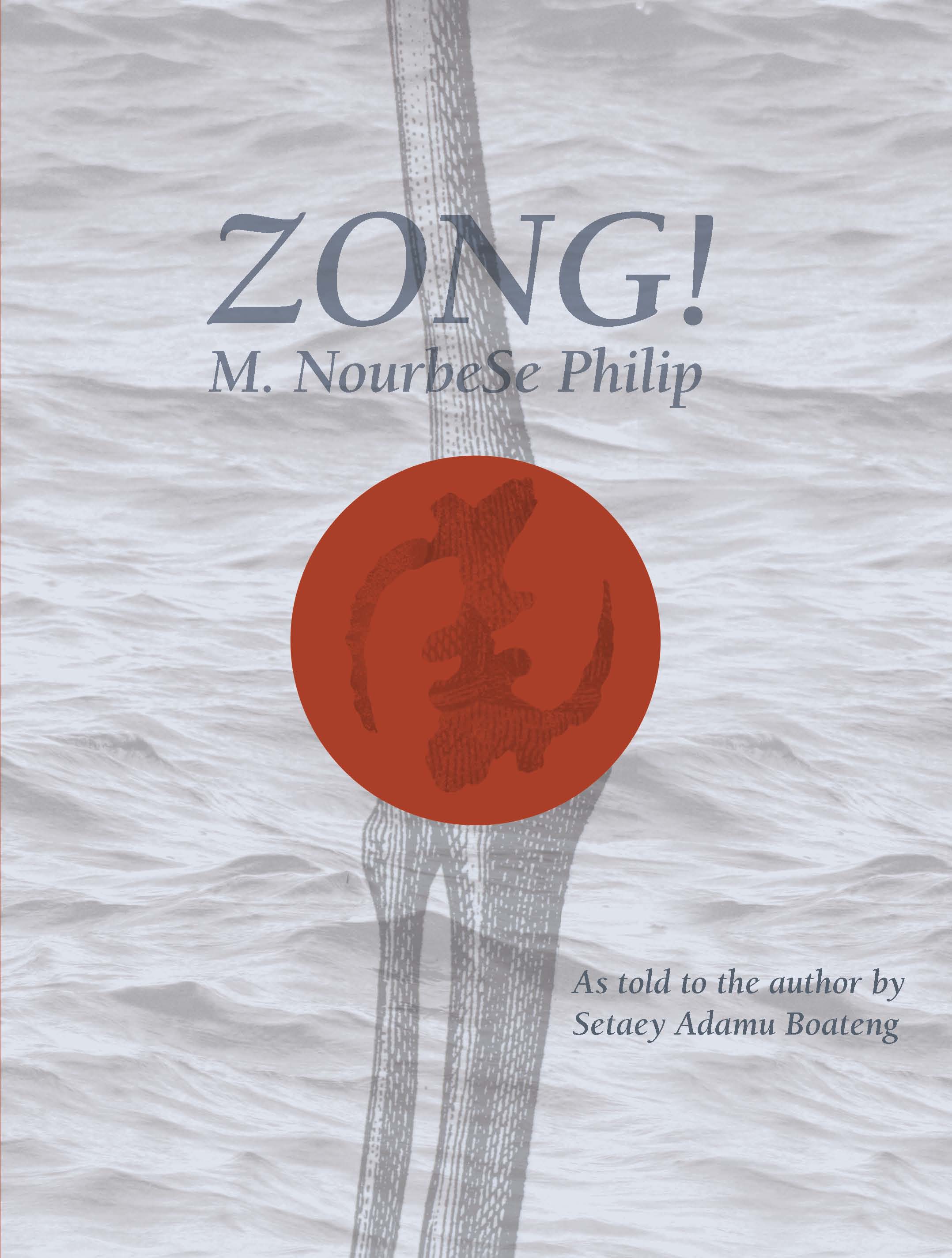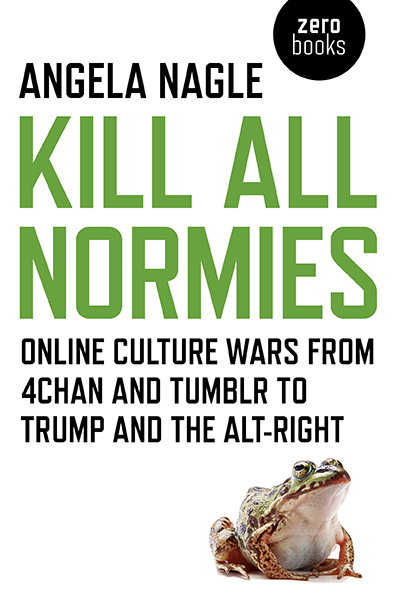Interdisciplinary Science Reviews 42(1-2): The Experimental Generation (2017)
Filed under journal | Tags: · 1950s, 1960s, art and science, art history, experimental art, technology, united kingdom

“This special double issue of ISR came out of the conference The experimental generation: networks of interdisciplinary praxis in post war British art (1950–1970) we organized together in 2014, exploring an apparent convergence of interest in art and science around the notion of social responsibility in the 1960s. …
It is rarely recognized that Cambridge was something of a hotbed of interdisciplinary exploration in the 1960s. Within this issue we seek to bring some of the leading figures behind this into the foreground, from the Language Research Unit led by Margaret Masterman to the Centre for Land Use and Built Form Studies created by Leslie Martin in the Architecture Department. Cambridge was, after all, where C.P. Snow (re)ignited the ‘Two Cultures’ debate in 1959; where two key figures in cybernetics and systems theory, Gordon Pask and Robin McKinnon-Wood, met as undergraduates, founded their company ‘System Research’ and developed their first early computers. Ian Sommerville, the precocious mathematician who invented the ‘Dreamachine’ with Bryon Gysin was an undergraduate at Trinity College when he invited Gustav Metzger to give his first public lecture/demonstration on Auto-Destructive Art for the Heretics Society in 1960. In 1964, St Catharine’s College, Cambridge, played host to the ‘First International Exhibition of Concrete, Kinetic and Phonic Poetry’ initiated by a young academic in the English department, Michael Weaver who gathered together over 60 works by poets and artists from 14 countries for a week’s exhibition in a Cambridge college. He worked closely with Reg Gadney, Philip Steadman and Stephen Bann who co-edited a formative issue of IMAGE magazine, on Kinetic Art: Concrete Poetry in November 1964. Steadman, Weaver and Bann went on to launch Form (1966–1969).
As a founder member of the Cambridge University Artists Group, Gadney was instrumental in spreading knowledge of Kinetic Art methods and techniques through articles in the student magazine Granta as well as the London Magazine. In 1965 Metzger was invited back to Cambridge to deliver his ‘Chemical Revolution in Art’ lecture attended by Bann, Gadney and Steadman. In his article for this journal Professor Stephen Bann looks back at the art and ideas that informed his book Experimental Painting, published in 1970, which took developments in art of the previous decade as its subject.
This issue spotlights a period that is still within living memory, and still reverberates today. In encouraging such a diversity of articles we have followed our instincts as curators rather than historians. We have gathered together a constellation of voices, from pioneers to emerging scholars, in order to encourage and facilitate unanticipated connections.” (from the Introduction)
Edited by Bronać Ferran and Elizabeth Fisher
Publisher Institute of Materials, Minerals & Mining, London, 2017
ISSN 0308-0188
224 pages
PDF (33 MB)
Comment (0)M. NourbeSe Philip: Zong! (2008)
Filed under fiction | Tags: · archive, law, memory, poetry, slavery

“A haunting lifeline between archive and memory, law and poetry
In November, 1781, the captain of the slave ship Zong ordered that some 150 Africans be murdered by drowning so that the ship’s owners could collect insurance monies. Relying entirely on the words of the legal decision Gregson v. Gilbert—the only extant public document related to the massacre of these African slaves—Zong! tells the story that cannot be told yet must be told. Equal parts song, moan, shout, oath, ululation, curse, and chant, Zong! excavates the legal text. Memory, history, and law collide and metamorphose into the poetics of the fragment. Through the innovative use of fugal and counterpointed repetition, Zong! becomes an anti-narrative lament that stretches the boundaries of the poetic form, haunting the spaces of forgetting and mourning the forgotten.”
Publisher Wesleyan University Press, Middletown, CT, and Mercury Press, Toronto, 2008
Wesleyan Poetry series
ISBN 9780819568762, 0819568767
xii+211 pages
Reviews: Tyrone Williams (African Am Rev, 2009), Helen Klonaris (sx salon, 2011).
Commentary: Fred Wah (Jacket2, 2013), Janet Neigh, Phanuel Antwi and Veronica Austen, M. NourbeSe Philip, Evie Shockley, Mecca Jamilah Sullivan (Jacket2, 2013), Jenny Sharpe (Interventions, 2014).
Interview: Paul Watkins (Toronto Rev Books, 2014).
Companion website
Author
Publisher
WorldCat
PDF
Philip reading from Zong! (audio, 2007-2016)
Angela Nagle: Kill All Normies: Online Culture Wars from 4chan and Tumblr to Trump and the Alt-right (2017)
Filed under book | Tags: · 4chan, alt-right, internet, libertarianism, memes, tumblr, web

“Recent years have seen a revival of the heated culture wars of the 1990s, but this time its battle ground is the internet. On one side the “alt right” ranges from the once obscure neo-reactionary and white separatist movements, to geeky subcultures like 4chan, to more mainstream manifestations such as the Trump-supporting gay libertarian Milo Yiannopolous. On the other side, a culture of struggle sessions and virtue signalling lurks behind a therapeutic language of trigger warnings and safe spaces. The feminist side of the online culture wars has its equally geeky subcultures right through to its mainstream expression. Kill All Normies explores some of the cultural genealogies and past parallels of these styles and subcultures, drawing from transgressive styles of 60s libertinism and conservative movements, to make the case for a rejection of the perpetual cultural turn.”
Publisher Zero Books, Winchester, UK, 2017
ISBN 9781785355431, 1785355430
120 pages
Reviews: Leif Weatherby (Jacobin, 2017), Olivier Jutel (Overland, 2017), Cameron L Fantastic (2017), Gareth Watkins (Queens Mobs, 2017), Catherine Liu (LA Rev of Books, 2017), Jen Isakson and Ross Speer (Radical Philosophy, 2018).
Comment (1)
